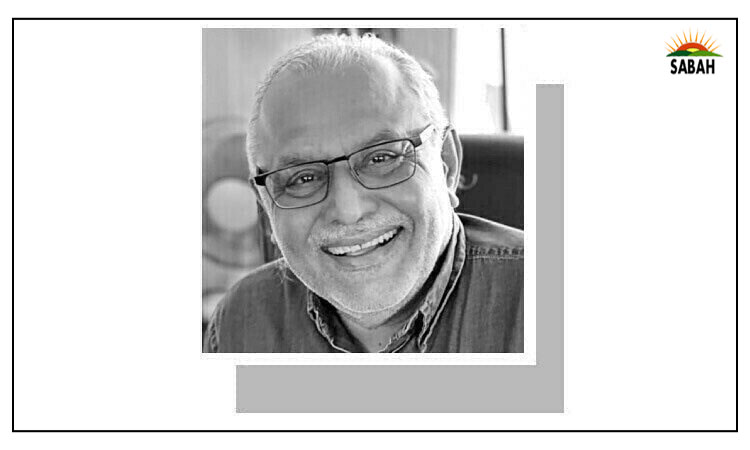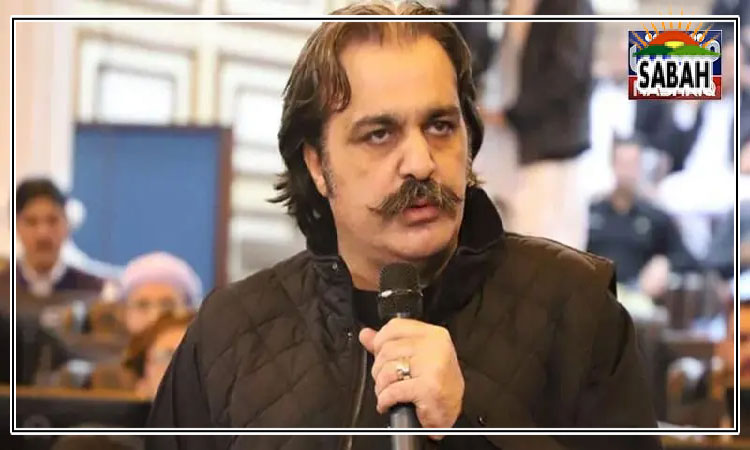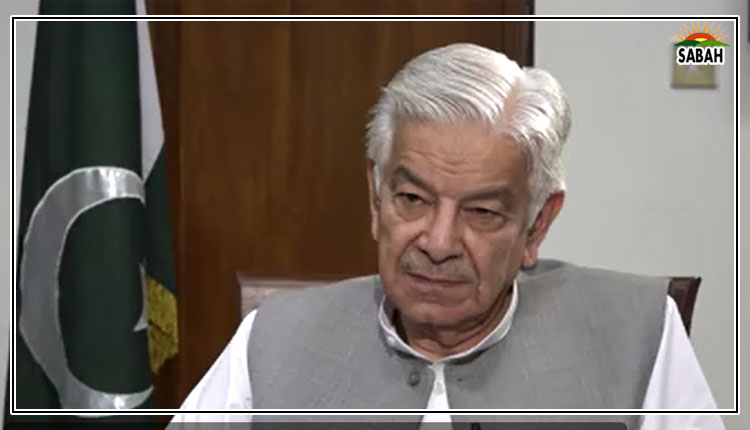Politics first…By Dr Aamer Raza
In October, a Gallup survey revealed that the number of Pakistanis who strongly believe that democracy, despite its shortcomings, is the best form of government has declined from 40 per cent in 2024 to 17 per cent this year.
Such scepticism is attributable to what I have come to call the ‘Schrodinger’s Votes’. These ballots go alive and well into the box, but their later fate remains at best uncertain. However, the rot at the heart of our democracy, in my opinion, is caused in the same measure by what politicians do when they get into power.
Take the implementation of the chief minister of Khyber Pakhtunkhwa’s recent Awami Agenda, for example. The ‘good governance agenda’ was initiated to improve the district governments and other departments’ service delivery. Among other things, the government demanded that administrative units get rid of the encroachments and illegal constructions.
Government resources were diverted to the initiative. Meetings were held. Even a radio programme was launched to promote the agenda. District administrations, presuming that the government actually meant what it purported, started the operations in earnest. This all sounds awfully unlike Pakistan, right? Wait, because it is going to now sound more like it. As soon as the operation was initiated, the Peshawar Development Authority officials were assailed by legislators – of the ruling party in the province.
The same was repeated in Mardan. Deputy Commissioner Mian Behzad Adil was asked, in meeting after meeting, if the government was serious on the implementation of the agenda. The anti-encroachment drive began. As a result, roads looked wider. The city appeared cleaner. In no time, the local legislators started to pressure the district administration to desist: “I am the elected representative. I am the government.”
All this while, the instructions from the top remained the same: continue with the agenda. End result: the provincial government capitulated to the pressure. The deputy commissioner was unceremoniously transferred, and business as usual was restored. I am sure there is a lesson in this for junior officers. What that lesson precisely is – of that I am less certain.
Following these stories and others that I refer to in the subsequent paragraphs, I kept wondering why it is so hard to ensure good governance in Pakistan. And I arrived at something which was perhaps obvious to everyone a long time ago: our politicians will always prioritise politics over governance and rule of law. And, unfortunate as it sounds, while complaining about democracy, the electorate (if and when it matters) also continues to reward politics over governance.
Now recall all the legislation in parliament over the past ten years that generated public debate, and parliament sounded relevant for once. Each time, the legislation was either about extending the term of office of some non-elected public official or about maneuvering dynamics within some institution that could legally hold politicians accountable. Legislation about civil liberties and matters of public interest is apparently not sexy enough for anyone to care.
The root of our governance challenge is our approach to politics. Deprived of meaningful entertainment, the public has come to view politics as a spectator sport. While most people are emotionally invested in the enterprise, they rarely appear to think about whether they matter to politics or how the manner in which politics is done impacts their standard of living.
Who is a politician? A politician is someone who believes that given the opportunity, they can run the country better than any other person with the same claim. A politician, in other words, is not a celebrity or a messiah. The foremost measure on which politicians should be judged is how well they use the resources of the country to bring optimum benefit to its people. A government is a group of individuals who people elect to administer the country, a province or a union council. Our politicians, however, have found that politics trumps everything, especially governance. And they know they get away with it too, every single time.
Take another example. In perhaps our most significant recent departure from the trend, parliament passed the 18th Amendment in 2010. Among other subjects, higher education was devolved to the provinces. Successive provincial governments established new universities. The ostensible purpose was to bring higher education to the doorstep of people in each district. The actual purpose: politics.
Every notable politician campaigned for the establishment of a university in his or her constituencies. It would open the door for recruitment, which is always great for the next campaign. They could also stand up in front of their people and brag about how they ‘brought the university to the area’. However, while these politically-motivated universities were created, the governments made only shoddy plans about how these universities would financially sustain themselves.
The government also had no plans on how to finance these public universities from its own resources. As things stand, the governments blame the universities for not being financially sustainable. With federal funding inevitably drying up, the politically manufactured collapse of higher education is only too imminent.
Finally, as a most basic thought experiment, imagine enrolling your child in a school that runs with your money. Now, envision the headmaster of this school, instead of efficiently running the institution, using your resources to ensure that they remain at the head of the institution. Your child’s education unavoidably suffers because of this. How long are you going to put up with it? Our answer: forever.
Courtesy












